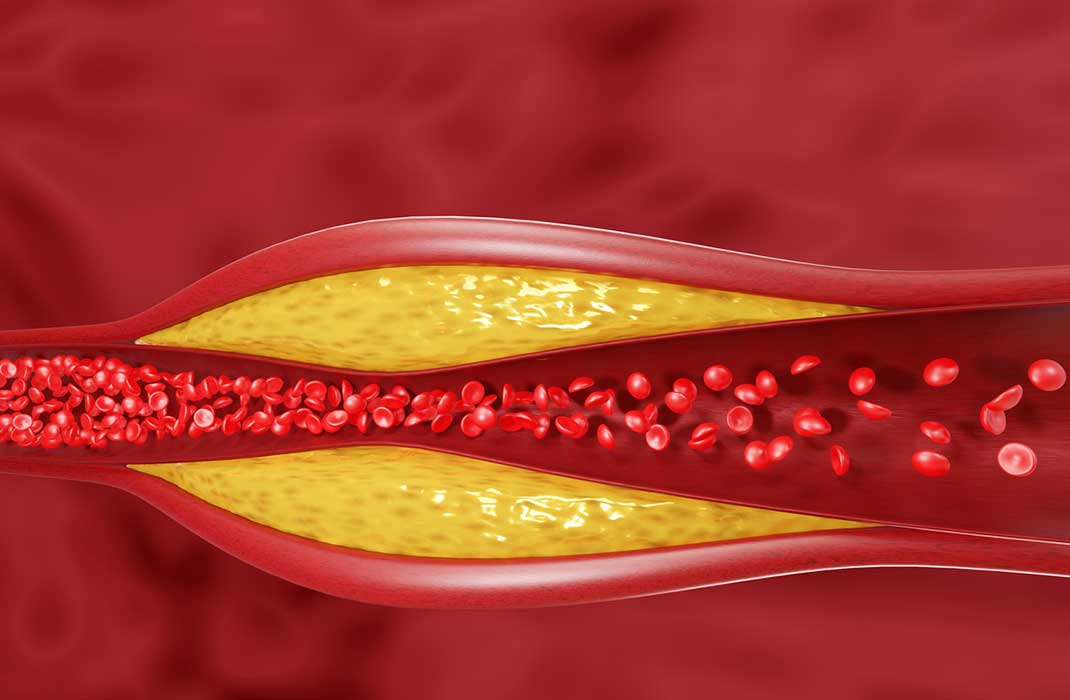-
- Find Care
-
- Visitor Information
- Find a Location
- Shuttles
- Visitor Policies
-
-
-
- Our Virtual Care Options
- Virtual Urgent Care
- Virtual Visits for Primary & Specialty Care
- Online Second Opinions
- Participate in Research
-
- Contact us
-
- For Innovators
- Commercialization Guide for Innovators
-
-
- Research News
- Alzheimer's Disease
- Artificial Intelligence
-
- Overview
-
- Overview
- Getting Started
- New to Mass General Brigham
- International Patient Services
- What Is Patient Gateway?
- Planning Your Visit
- Find a Doctor (opens link in new tab)
- Appointments
- Patient Resources
- Health & Wellness
- Flu, COVID-19, & RSV
- Billing & Insurance
- Financial Assistance
- Medicare and MassHealth ACOs
- Participate in Research
- Educational Resources
- Visitor Information
- Find a Location
- Shuttles
- Visitor Policies
- Find Care
-
- Overview
- Our Virtual Care Options
- Virtual Urgent Care
- Virtual Visits for Primary & Specialty Care
- Online Second Opinions
-
- Overview
- Participate in Research
-
- Overview
- About Innovation
- About
- Team
- News
- For Industry
- Venture Capital and Investments
- World Medical Innovation Forum (opens link in new tab)
- Featured Licensing Opportunities
- For Innovators
- Commercialization Guide for Innovators
- Contact us
-
- Overview
- Information for Researchers
- Compliance Office
- Research Cores
- Clinical Trials
- Advisory Services
- Featured Research
- Two Centuries of Breakthroughs
- Advances in Motion (opens link in new tab)
- Brigham on a Mission (opens link in new tab)
- Gene and Cell Therapy Institute
- Research News
- Alzheimer's Disease
- Artificial Intelligence
-
- Overview
-
- Overview
- Residency & fellowship programs
- Brigham and Women's Hospital
- Massachusetts General Hospital
- Mass Eye and Ear
- Newton-Wellesley Hospital
- Salem Hospital
- Integrated Mass General Brigham Programs
- Centers of Expertise
- Global & Community Health
- Health Policy & Management
- Healthcare Quality & Patient Safey
- Medical Education
- For trainees
- Prospective trainees
- Incoming trainees
- Current trainees
- Continuing Professional Development
Healthy Cholesterol Levels: Types of Cholesterol and Why They Matter

Heart disease is widespread — yet many people don’t know that it’s the leading cause of death in the United States. Maintaining healthy cholesterol levels gives you a lower risk of heart disease and of dying from a cardiac event such as a heart attack or stroke.
Christopher Cannon, MD, a Mass General Brigham cardiologist who cares for patients at Brigham and Women’s Hospital, discusses the most important types of cholesterol and how to keep them in a healthy range.
How does cholesterol affect health?
The body produces cholesterol, a fatty substance, in the liver or absorbs it from food. Some cholesterol is necessary for good health, but high levels contribute to serious health risks.
“At high levels, cholesterol gets into your arteries and develops cholesterol plaques,” says Dr. Cannon. Plaque is a substance in the inner walls of your arteries. “The plaques can break open and cause a heart attack or stroke. High cholesterol is a major risk factor for cardiac-related death.”
Which cholesterol numbers are important?
You may see several different numbers in a cholesterol panel, including:
- Low-density lipoprotein (LDL), known as “bad” cholesterol
- High-density lipoprotein (HDL), traditionally known as “good” cholesterol (although it’s less clear now whether HDL is actually beneficial)
- Triglycerides, a type of “bad” cholesterol
- Total cholesterol, which combines LDL, HDL, and triglycerides
- Lipoprotein (a), a type of “bad” cholesterol (measured separately from a standard lipid profile)
These numbers aren’t equally important, and providers now focus differently on cholesterol numbers than they did in the past. “We definitely pay attention to LDL and triglycerides, but we mostly ignore HDL and total cholesterol,” says Dr. Cannon. “This is because we’re focusing most on the numbers that are directly associated with risk of cardiac events such as heart attack and stroke.”
Dr. Cannon discusses the types of cholesterol that are most relevant for cardiac risk:
LDL
“We focus most on the LDL number when looking at your cholesterol and your overall risk of developing heart disease,” says Dr. Cannon.
The LDL level that’s healthy for you depends on what other cardiovascular risk factors you have. The general guidelines are:
- If you have heart disease, your LDL target is 70 mg/dL or lower. At this level, plaque is no longer building up in your arteries and cholesterol comes out of plaques.
- If you don’t have heart disease, your LDL target is typically 100 mg/dL or lower.
However, your provider may want to set a different goal for your LDL, depending on your other risk for heart attack and stroke. Providers use a calculator that considers many factors, such as your age, health conditions, smoking status, and race, to determine your risk.
Statins are the oldest and most-used medication for lowering LDL, but other options are available, including ezetimibe, PCSK9 inhibitors, and bempedoic acid.
Triglycerides
“Triglycerides are another type of ‘bad’ cholesterol that can get into your arteries and contribute to plaque,” says Dr. Cannon. “It’s not as bad as LDL, but elevated triglycerides raise your risk of heart attack and stroke.”
If you have other risk factors for heart disease and your triglyceride level is over 150 mg/dL, your provider may prescribe treatment. “A high-dose, purified omega-3 preparation that contains only eicosapentaenoic acid (EPA) lowers triglycerides and the risk of heart attack, stroke, and cardiac death,” says Dr. Cannon. “Reducing carbohydrates in your diet also may lower your triglycerides.”
Researchers at Mass General Brigham recently found that an investigational drug called olezarsen reduced triglyceride levels up to 50%. They continue to study this drug as it is not yet approved by the Food and Drug Administration (FDA).
Lipoprotein (a)
“Lipoprotein (a) is another type of ‘bad’ cholesterol that we’ve recently started measuring more often,” says Dr. Cannon. “Your level of lipoprotein (a) is determined by your genetics. About 20% of the population has high lipoprotein (a).” A level over 125 is considered high.
Because your lipoprotein (a) level is genetic, you only need to get it tested once rather than yearly. “Our current cholesterol treatments don’t impact lipoprotein (a), but there are new treatments in development,” says Dr. Cannon.
Tests for plaque in your arteries
Imaging tests can show whether your cholesterol level is causing plaque buildup in your arteries. Your provider can use a computed tomography (CT) to look for calcium in your heart’s arteries or the carotid arteries that go to your brain. In this CT “calcium score test,” the presence of calcium indicates a buildup of plaque.
Do you need to try to raise HDL (“good”) cholesterol?
Researchers and providers used to believe that having high HDL protected you against cardiac events. “Many used to think that if you had high HDL, you didn’t have to worry about your LDL,” says Dr. Cannon.
But more recent research shows that’s not true. High LDL and triglycerides raise your risk of heart attack and stroke, regardless of your HDL level. In addition, raising the HDL level doesn’t lower that risk and multiple studies of medications that raise HDL have shown no benefit.
“The things that raise HDL, such as stopping smoking, exercising, and losing weight if you’re overweight, are all healthy things to do — regardless of any change in HDL,” says Dr. Cannon. But rather than trying to raise HDL, you benefit more from having an overall healthy lifestyle and keeping your LDL in a healthy range.
Can you have high cholesterol and still be healthy?
Yes, you can have a low risk of heart disease with higher-than-average cholesterol, according to Dr. Cannon. If you don’t have any other risk factors, your overall risk for cardiovascular problems may be very low even if you have high cholesterol.
Some of the factors that add to your heart disease risk include:
- Age over 65
- Diabetes
- Family history
- Inflammation
- Obesity
- Smoking
If you don’t have any of these risk factors, it’s possible to have high LDL cholesterol but no plaque buildup in your arteries. If an imaging test shows no plaque, you have a very low risk of heart disease over the next 10 years, and immediate cholesterol treatment may not be needed.
Why is your cholesterol high when you have a healthy diet?
Many people would prefer not to take medicine for high cholesterol, so they exercise more and eat healthier to lower cholesterol instead. But when they get retested, they may find their numbers haven’t changed much.
For many people, lifestyle changes may not help much with cholesterol. However, a healthy lifestyle is still important because it lowers your overall risk of heart disease and other serious conditions.
Beyond statins: Many new cholesterol treatment options
The purpose of taking medication such as statins is to lower cholesterol and your risk of heart disease. “With high cholesterol treatment, we’re focusing on getting the LDL to the right level,” says Dr. Cannon.
“Statins are very effective for this. But many people have read bad things about statins, and don’t want to take them. While some side effects can occur, we monitor for them. If someone doesn’t tolerate a statin, there are now many new classes of cholesterol-lowering drugs available,” says Dr. Cannon. “There are lots of options that can lower cholesterol and prevent heart attacks and strokes.”
Dr. Cannon emphasizes that lowering cholesterol to healthy levels helps prevent heart attacks, strokes, and cardiac deaths. “We have a lot of research and really good information in this realm. We can personalize treatment to you with an option that’s safe,” he says.







